Lee Kum Sheung Center for Health and Happiness
The mission of the Lee Kum Sheung Center for Health and Happiness is to build a rigorous and interdisciplinary science of positive health, happiness, and well-being with a focus on health equity, and to translate the science to influence practice and policy.
Kresge Building 6th Floor
677 Huntington Avenue
Boston, MA 02115
Team
This page highlights the leaders, scholars, staff, advisors, affiliates, and research assistants who collectively form the backbone of the Center. Each member brings a unique perspective and expertise, contributing to the Center’s mission of building a rigorous and interdisciplinary science of positive health, happiness, and well-being, with a focus on health equity, and translating the science to influence practice and policy.
Leadership
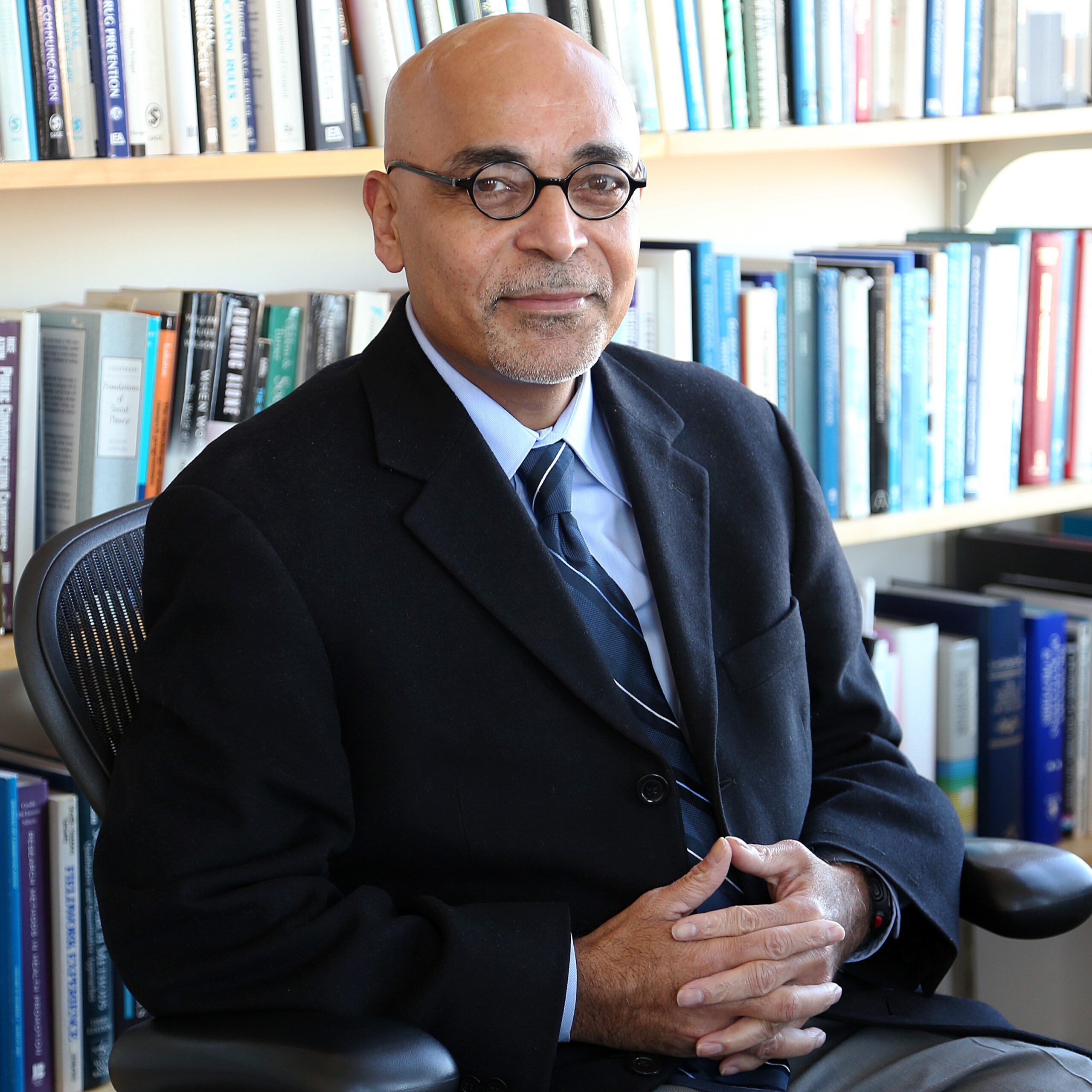
Dr. K. “Vish” Viswanath is the Director of the Lee Kum Sheung Center for Health and Happiness and Lee Kum Kee Professor of Health Communication, with joint appointments at the Harvard Chan School and Dana-Farber Cancer Institute. He also serves as Director of the Center for Translational Health Communication Science, Director of the Harvard Chan India Research Center, and Associate Director of Community Outreach and Engagement at the Dana-Farber/Harvard Cancer Center.
Dr. Viswanath’s work focuses on translational communication science to influence public health policy and practice. His primary research is in documenting the relationship between communication inequalities, poverty, and knowledge translation to address health disparities.
He has written more than 200 journal articles and book chapters, and is the Co-Editor of three books: Health Behavior and Health Education: Theory, Research & Practice (Jossey Bass, 2015), The Role of Media in Promoting and Reducing Tobacco Use (National Cancer Institute, 2008), and Mass Media, Social Control and Social Change (Iowa State University Press, 1999). Dr. Viswanath is a fellow of the American Academy of Sciences, and has received several awards, including the Joseph W. Cullen Memorial Award For Excellence in Tobacco Research (2014), the Dale Brashers Distinguished Mentorship Award (2013), and the Outstanding Health Communication Scholar Award (2010).
Staff
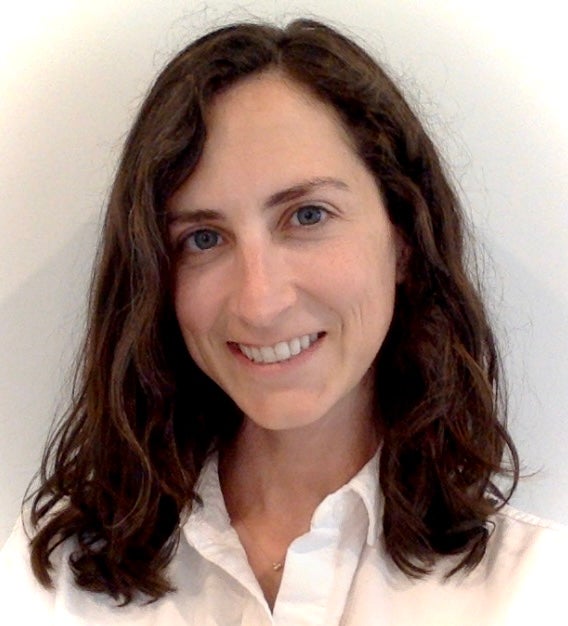
Kelsey Torres brings a wealth of experience across various dimensions of public health. Most recently, she served as a Social and Behavior Change Advisor partnering with communities, health system actors, and government officials in under-resourced settings around the world to improve health and nutrition outcomes. Her leadership has spanned diverse portfolios—including implementation research, capacity-building initiatives, and the development of global tools and resources—where she has consistently worked to bridge the gap between evidence and practice. Kelsey’s background also includes roles in healthcare administration and environmental health and safety, giving her a broad operational perspective and a deep understanding of the complex systems and sociocultural dynamics that shape health and well-being.
Kelsey holds a Master of Public Health in Global Health Communication from George Washington University and a Bachelor of Science in Environmental Science from the University of Massachusetts at Amherst.

Ayla Fudala is an experienced communications professional with a background in environmental humanities and education. In recent years, she has worked as a communications consultant for the World Health Organization. Before joining our team, she served as the Environmental Humanities Program Coordinator at Colby College for four years, where she was instrumental in developing interdisciplinary programs and fostering student engagement. Prior to that, she spent a year as a Staff Writer and Environmental Educator at Planet Bee Foundation, where she combined her passion for writing and environmental advocacy to create impactful educational content. She also brings experience from her time at the University of Pennsylvania’s Kelly Writers House, where she worked for four years as an Archivist and Programs Assistant.
Ayla holds dual B.A. degrees in English and Environmental Studies from the University of Pennsylvania, and a Master of Letters in Environment, Culture, and Communication from the University of Glasgow.
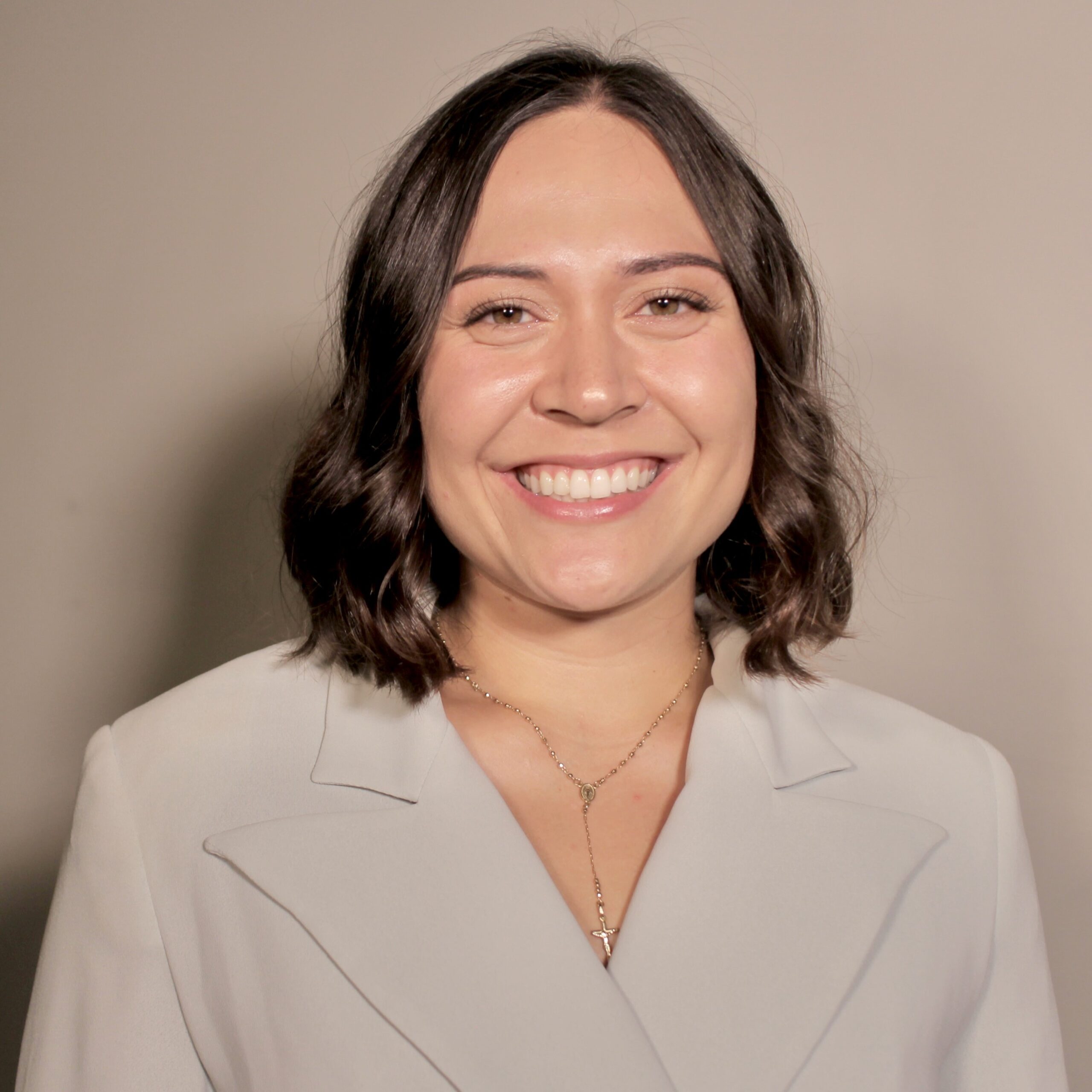
Prior to joining the Center, Karina was the NEAR-P (standing for Neuroscience, Epigenetics, Adverse Childhood Experiences, Resilience, and Protective Factors) Science Coordinator for Self-Healing Communities of Michiana, a community change movement whose mission is to nurture community and personal well-being through the neuroscience of human resilience and the celebration of our collective strengths. She helped to promote a culture of resilience by creating beautiful and engaging neuroscience-based resources, presenting workshops on brain health, and supporting the development of diverse partnerships in the Michiana area.
Karina earned a B.S. in Neuroscience and Behavior and Theology from the University of Notre Dame. She loves to spend time gathering people together, whether that be over dinner, sharing experiences of beauty, or working on creative projects!
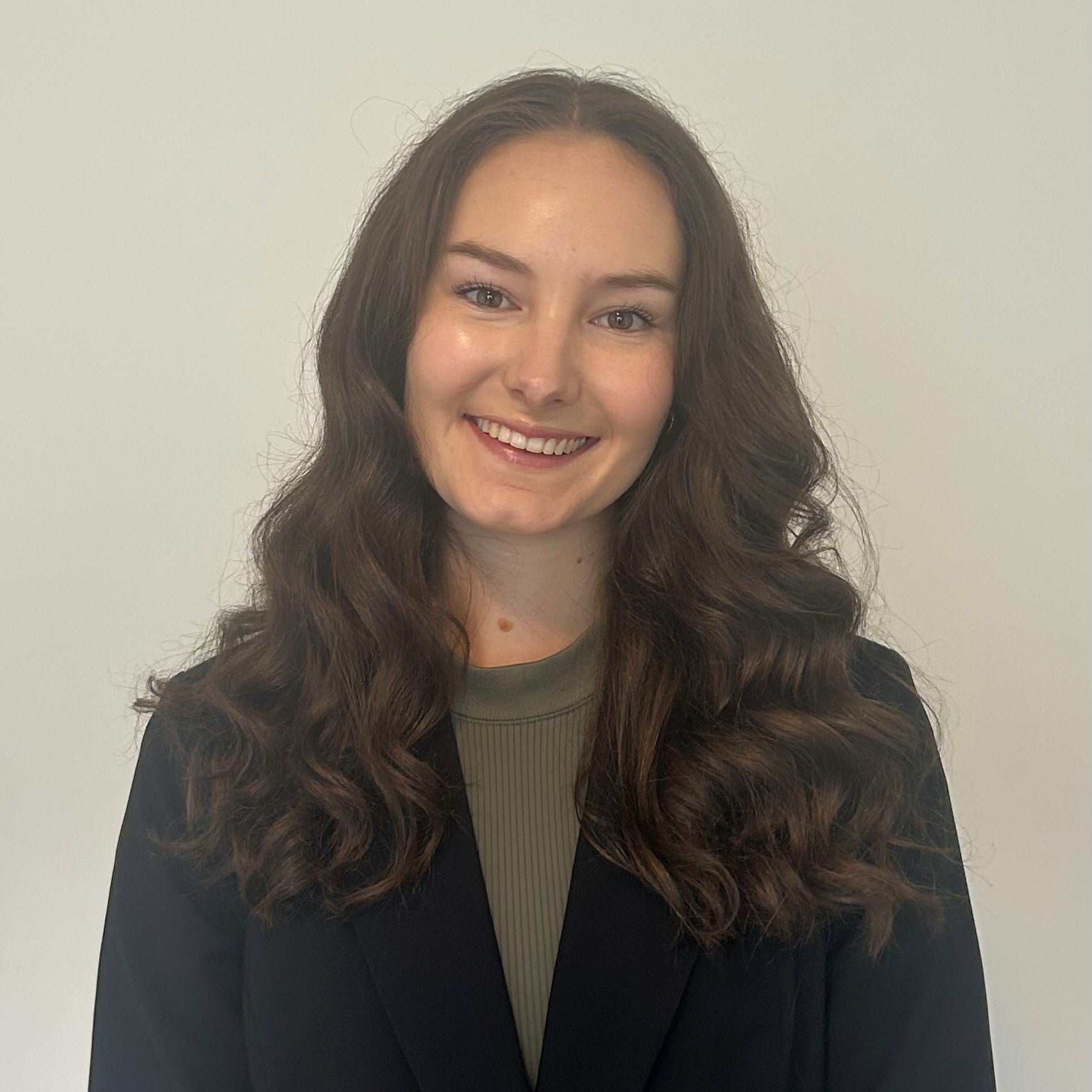
Abigail Palaza is an MPH candidate at the Harvard T.H Chan School of Public Health, where she focuses on the social and behavioral determinants of healthy aging and well-being. Her interests center on how psychosocial factors, such as social participation and purpose, shape the lived experiences of individuals living with dementia and their care partners. She is particularly committed to advancing public health approaches that translate evidence into practice to reduce disparities and build supportive communities.
Before joining the Center, Abigail worked as a Clinical Research Coordinator at the University of Vermont’s Larner College of Medicine. She led hybrid implementation-effectiveness research projects in the Emergency Department focused on improving equitable access to high-quality care for individuals living with opioid use disorder, infants with medical complexities, and adolescents experiencing mental health crises. Abigail has additional experience in patient care, community engagement, and policy advocacy related to dementia caregiving. She holds a B.S in Health Sciences from the University of Vermont.

Devan McClain is an MPH student at the Harvard T.H. Chan School of Public Health, where she is pursuing a curricular focus in social and behavioral sciences and an interdisciplinary concentration in health communication. Her interests are in the use of mixed-methods research and intervention design to promote health equity and collective wellbeing, and she is passionate about translating study findings into real-world impact through the use of implementation science and community-based co-design.
Prior to beginning her graduate studies, Devan worked to improve rural health outcomes and increase the representation of rural communities in clinical trials through her role as a research coordinator at the University of Wisconsin School of Medicine and Public Health. She is also experienced in global health project management and has worked with the Kenya Ministry of Health to advance national initiatives in maternal and child health, vaccine outreach, and community health data systems during her time as a Peace Corps volunteer.
Devan holds a B.S. in Planning, Public Policy and Management from the University of Oregon.
Advisors
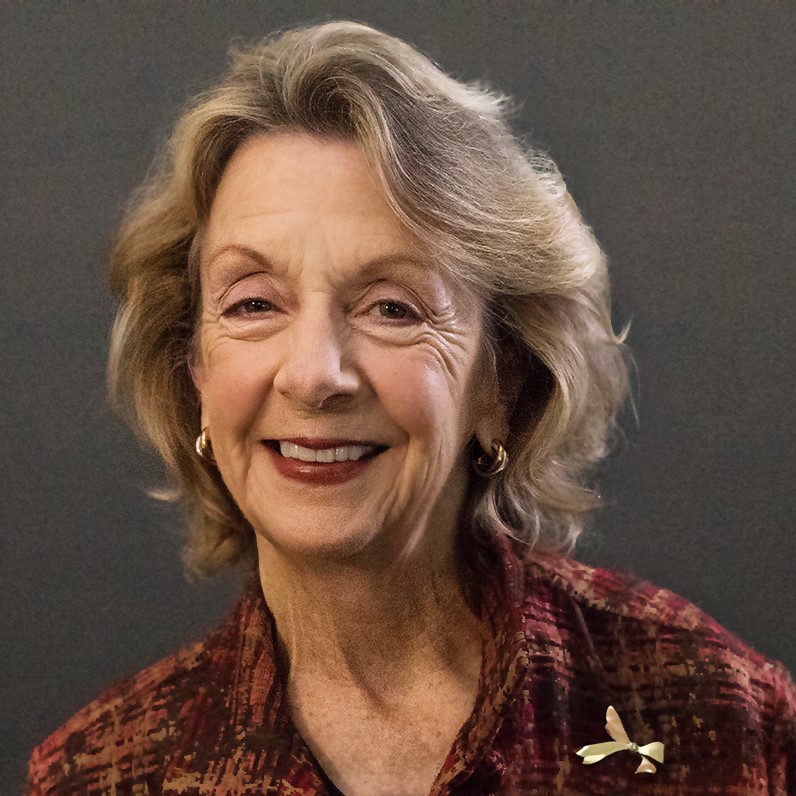
Jo Ivey Boufford is Clinical Professor of Global Health at the New York University School of Global Public Health and Clinical Professor of Pediatrics at New York University School of Medicine. She is President Emeritus of The New York Academy of Medicine and Immediate Past President of the International Society for Urban Health (2017-9). Previously, she served as dean of the Robert F. Wagner Graduate School of Public Service at New York University from June 1997 to November 2002. She also served in many other leadership positions with the World Health Organization, U.S. Department of Health and Human Services, New York City Health and Hospitals Corporation, and New York State Public Health and Health Planning Council, among others. Dr. Boufford was elected to membership in the Institute of Medicine (now National Academy of Medicine) in 1992 and as a fellow of the National Academy of Public Administration in 2005. She has received numerous honorary doctorate of science degrees.
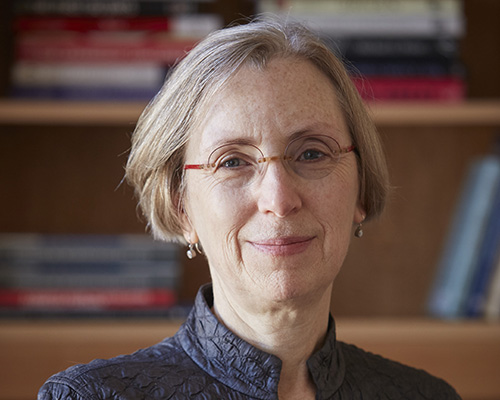
Dr. Karen Emmons is a Professor of Social and Behavioral Science at the Harvard T.H. Chan School of Public Health. She is behavioral scientist with a strong track record of funded research in community-based approaches to cancer prevention in a variety of settings that serve under-resourced communities, including low income housing and community health centers. Her work targets a range of cancer risk factors, including nutrition, physical activity, sun exposure, tobacco and second-hand smoke exposure, and cancer screening. Her research teams have included interdisciplinary perspectives on cancer risk reduction and health disparities, with a focus on multiple cancer risk behaviors. Dr. Emmons has a strong track record as a mentor, and is a past recipient of a mid-career K award focused on dissemination an implementation research to reduce cancer disparities. Her current work and writing focuses heavily on implementation science, particularly in community health settings, and she has been actively involved in national efforts to develop implementation research and training programs. She currently serves as the Faculty Director of the Community Engagement Program for Harvard’s Clinical Translational Science Award. Dr. Emmons is Past-President of the Society of Behavioral Medicine, and a member of the National Academy of Medicine.

Tara Gruenewald is an Associate Professor and Chair of Psychology who joined the Chapman faculty in the Fall of 2017. She is a social and health psychologist with additional postdoctoral training in Public Health and Gerontology. Dr. Gruenewald’s research focuses on the social and psychological factors which shape cognitive and physical functioning, physiology, and mental and physical health across the life course. Current foci include: (1) Identification of the psychological, social, behavioral, and biological pathways which underlie socioeconomic gradients in functioning and health, (2) The role of perceptions of generativity in shaping health and functioning in later life, and (3) Examination of health correlates of generative activity and intergenerational civic activity engagement. Her research utilizes a wide array of designs including longitudinal cohort studies, experience sampling investigations, and experiments in the lab and in natural environments, as well as diverse data collection methods.
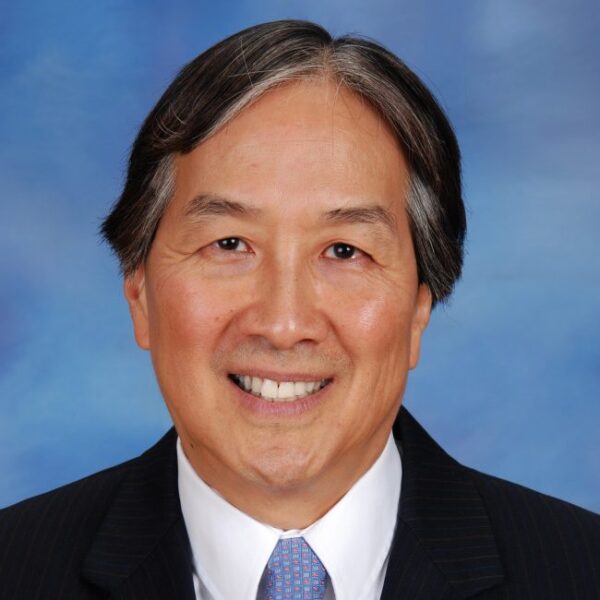
Howard K. Koh is the Harvey V. Fineberg Professor of the Practice of Public Health Leadership at the Harvard T.H. Chan School of Public Health and the Harvard Kennedy School as well as Faculty Co-Chair of the Harvard Advanced Leadership Initiative. He is also the inaugural Chair of the Harvard Chan School of Public Health Initiative on Health and Homelessness. Previously at Harvard School of Public Health (2003-2009), he was Associate Dean for Public Health Practice.
Dr. Koh advances leadership education and training at schools across Harvard University. As commissioner of public health for the Commonwealth of Massachusetts from 1997 to 2003, Dr. Koh led the Massachusetts Department of Public Health, which included a wide range of health services, four hospitals, and a staff of more than 3,000 professionals. In this capacity, he emphasized the power of prevention and strengthened the state’s commitment to eliminating health disparities. From 2009 to 2014, Dr. Koh served as the 14th Assistant Secretary for Health in the U.S. Department of Health and Human Services, after being nominated by President Barack Obama and being confirmed by the U.S. Senate. He also led interdisciplinary implementation of Healthy People 2020 and the National HIV/AIDS Strategy, as well as initiatives in a multitude of other areas.

Dr. Suzanne Segerstrom’s research primarily addresses the influence of individual differences in personality, cognition, and emotion on psychological health and physiological functions. She is particularly interested in understanding how aspects of self-regulation, including personality, behavior, and executive cognitive function, affect well-being and health. She has worked on the questions of how personality factors (e.g., optimism) affect the way that people approach and pursue their goals, what the costs and benefits of goal pursuit are, and especially how acts of self-regulation affect cardiovascular, neuroendocrine, metabolic, and immune functions. She currently has several active studies funded by the National Institutes of Health (NIH). One study examines the health consequences of motivation and goal pursuit in older women in a longitudinal “burst” design. Another is a longitudinal study of the effects of self-regulation and especially self-regulatory capacity on psychological and physical health and physiology in older adults. In addition to funding from the NIH, Professor Segerstrom’s work has also been funded by the Norman Cousins Program and Dana Foundation. She has also been awarded the prestigious Templeton Positive Psychology Prize, in recognition of her work on optimism. Dr. Segerstrom is the past president of the American Psychosomatic Society.
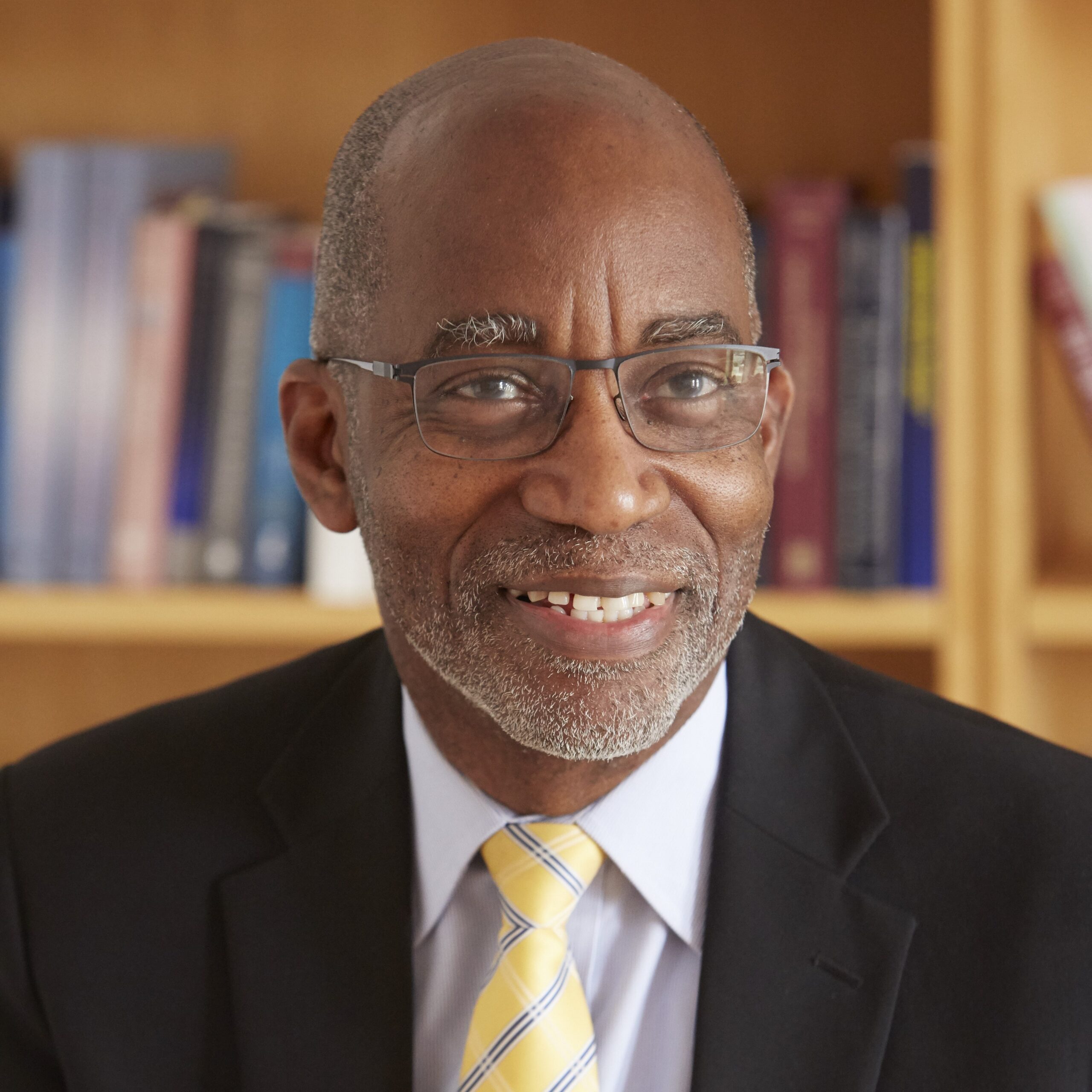
Dr. David R. Williams is the Norman Professor of Public Health and Professor of African and African American Studies at Harvard University. His prior faculty appointments were at Yale University and the University of Michigan. An internationally recognized social scientist, his research has enhanced our understanding of the complex ways in which socioeconomic status, race, stress, racism, health behavior and religious involvement can affect health. He is the author of more than 500 scientific papers and the Everyday Discrimination Scale that he developed is the most widely used measure of discrimination in health studies. Dr. Williams is an elected member of the National Academy of Medicine, the American Academy of Arts and Sciences and the National Academy of Sciences. He has been ranked as the Most Cited Black Scholar in the Social Sciences, worldwide, and as one of the World’s Most Influential Scientific Minds.
Affiliate Scientists
Dr. Berkman is the director of the Harvard Center for Population and Development Studies (HCPDS) and the Thomas D. Cabot Professor of Public Policy and of Epidemiology at the Harvard T.H. Chan School of Public Health. She is an internationally recognized social epidemiologist whose work focuses extensively on social and policy influences on health outcomes. Her research orients toward understanding inequalities in health related to socioeconomic status, different racial and ethnic groups, and social networks, support and isolation.
Dr. Berkman is the principal investigator of the Health and Aging Study in Africa: A Longitudinal Study of an INDEPTH Community in South Africa (HAALSI), a program project funded by the National Institute on Aging. HAALSI aims to study the drivers and consequences of HIV and non-communicable diseases in an aging population in Agincourt, South Africa.
She is currently a member of the Conseil Scientifique de l’Institut de Recherche en Sante Publique (IReSP) in France. She has been actively involved since 1994 on the GAZEL study, a cohort of 20,000 French employees of EDF-GDF, the large natural gas-electricity company.
In May 2017, Dr. Berkman was appointed faculty director of the PhD program in population health sciences at the Harvard T.H. Chan School of Public Health.
Dr. Sara Bleich is the inaugural Vice Provost for Special Projects at Harvard University, Professor of Public Health Policy at the Harvard T.H. Chan School of Public Health, and a faculty member at the Harvard Kennedy School of Government. With more than 180 peer-reviewed publications, she is a policy expert and researcher who specializes in diet-related diseases, food insecurity, and racial inequality. Prior to this, Dr. Bleich served in the Biden Administration as the Director of Nutrition Security and Health Equity at the U.S. Department of Agriculture’s (USDA) Food and Nutrition Service and as the Senior Advisor for COVID-19 in the Office of the Secretary at USDA. As a White House Fellow during the Obama Administration, she worked at USDA as a Senior Policy Adviser for Food, Nutrition and Consumer Services and on First Lady Michelle Obama’s Let’s Move! initiative. Dr. Bleich was elected to the National Academy of Medicine in 2023 and holds a B.A. in psychology from Columbia University and a PhD in health policy from Harvard University.
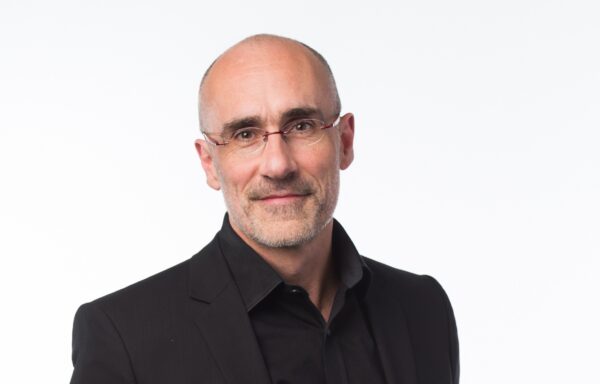
Dr. Arthur C. Brooks is Professor of the Practice of Public Leadership at the Harvard Kennedy School and Arthur C. Patterson Faculty Fellow at the Harvard Business School. His research interests include conservatism, free enterprise, and philanthropy. Before joining the Harvard faculty in July of 2019, he served as president of the American Enterprise Institute (AEI), a public policy think tank in Washington, DC. Dr. Brooks became the 11th president of AEI and held the Beth and Ravenel Curry Chair in Free Enterprise. He holds a PhD and MPhil in public policy analysis from the Rand Graduate School.
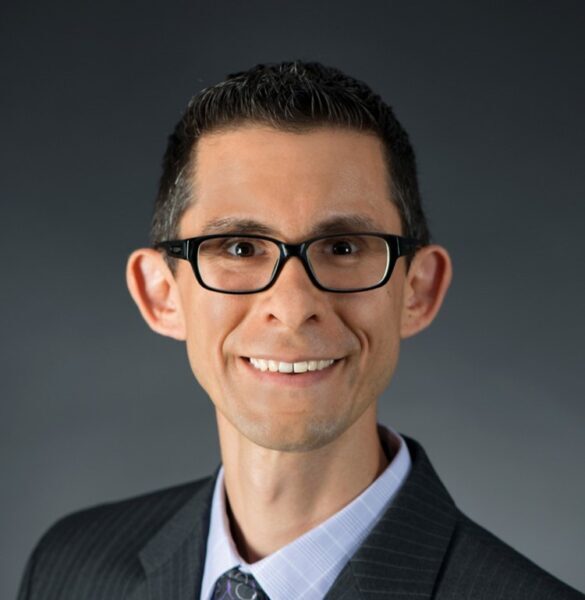
Dr. Christopher Celano is the Associate Director of the Cardiac Psychiatry Research Program at Massachusetts General Hospital and an Assistant Professor of Psychiatry at Harvard Medical School. His work focuses on the promotion of mental and physical health in individuals with chronic medical illnesses, such as heart disease and type 2 diabetes. Dr. Celano’s specific research interests include creating and testing behavioral interventions to promote engagement in healthy behaviors, using collaborative care interventions to better diagnose and treat psychiatric illnesses in individuals with heart disease, and examining the impact of psychiatric medications on cardiovascular health.
Dr. Celano holds an MD from the Icahn School of Medicine at Mount Sinai.
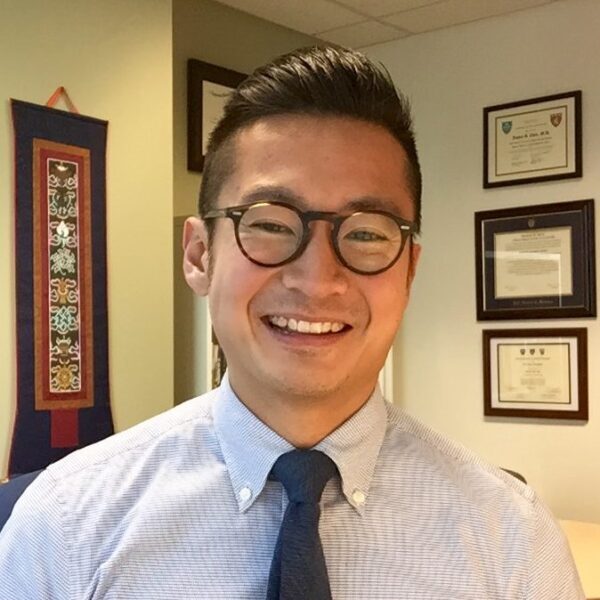
Justin A. Chen, MD, MPH, is Medical Director of the Outpatient Psychiatry Division and Co-Director of Primary Care Psychiatry at Massachusetts General Hospital. Clinically, Dr. Chen specializes in the treatment of adult mood and anxiety disorders. He is also dedicated to teaching and mentorship, serving as Co-Director of Medical Student Education in Psychiatry at Harvard Medical School (HMS) and Co-Director and core faculty in the Mind, Brain, and Behavior pre-clinical neurosciences course at HMS.
An Associate Professor at Harvard Medical School, his research focuses on cross-cultural psychiatry, mental health disparities, and innovative approaches for improving access to psychiatric services. He is a co-editor of Sociocultural Issues in Psychiatry: A Casebook and Curriculum, published in 2019 by Oxford University Press. As Executive Director and Co-Founder of the nonprofit volunteer-operated MGH Center for Cross-Cultural Student Emotional Wellness (www.mghstudentwellness.org), he delivers talks and trainings for families, clinicians, and educators throughout the United States on promoting the mental health of diverse students.

Ying Chen, Sc.D., serves as an empirical research scientist for the Human Flourishing Program. She was previously a postdoctoral fellow under the supervision of Professor VanderWeele in the Department of Epidemiology at the Harvard T.H. Chan School of Public Health, where she also completed her doctoral studies in 2016 in the Department of Social and Behavioral Sciences. Her research concerns identifying positive psychosocial factors that help individuals to attain and maintain health. She is particularly interested in studying health assets within the family for improving offspring health. For instance, she has examined whether greater parental warmth may help offspring maintain positive mental health as characterized by flourishing in later life. She has also investigated the association of parenting styles and parents’ marital stability with offspring’s body weight trajectories. Her other work and interests include a) social disparity in the distribution of mental and psychological well-being; b) the biological and behavioral mechanisms linking childhood familial experiences to health in adulthood; c) the association of religious service attendance, forgiveness and sense of mission with mental and physical health in later life.
Kirsten Davison is the Donahue and DiFelice Endowed Chair and Associate Dean for Research in the School of Social Work at Boston College, where she directs the THRIVE Lab. Her research and teaching focus on the health and well-being of children and families. Prior to joining Boston College in 2019, she held faculty appointments at the University at Albany School of Public Health (2003–2011) and the Harvard T.H. Chan School of Public Health (2011–2019).
Dr. Davison’s research centers on developing and evaluating family- and community-based interventions aimed at supporting children’s nutrition, sleep, emotional regulation, and overall well-being. These interventions are designed and implemented in collaboration with community partners, using participatory methods that position parents as agents of change. Key partners include public school districts, special education schools, state health departments, community health centers, hospitals, and social service programs. Dr. Davison is currently leading two five-year studies, supported by more than $4 million in funding from the National Institutes of Health.
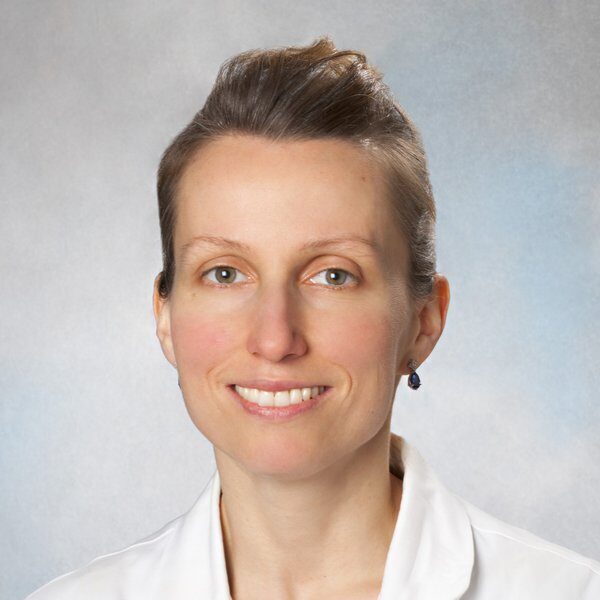
Dr. Dawn DeMeo is a Pulmonary/Critical Care specialist with a care focus on advanced lung disease in women with chronic obstructive pulmonary disease (COPD). She is an Associate Professor of Medicine at Harvard Medical School and a senior respiratory genetics researcher in the Channing Division of Network Medicine.
Over the past two decades she has developed a vision to streamline effective multidisciplinary care for women and men with COPD, with an eventual goal of designing and implementing specialized treatment informed by needs specific to genetic susceptibility and other risk factors, sensitive to social (gender) and other biological (sex hormone-related) aspects that may impact differences in men and women with advanced lung disease. She holds an MD from Weill Medical College of Cornell University.
Dr. Christy A. Denckla, PhD (PI) is a clinical psychologist with joint appointments as an Assistant Professor in the Department of Social and Behavioral Sciences at the Harvard T.H. Chan School of Public Health, an Associate Member at the Stanley Center for Psychiatric Research at the Broad Institute of MIT and Harvard, and an Assistant Professor of Psychology, Massachusetts General Hospital, Harvard Medical School. Her work aims to understand how adversity affects mental health and well-being across the lifespan, with a particular focus on bereavement. Dr. Denckla’s work is funded by the National Institute of Mental Health, foundations, and internal awards. She completed her postdoctoral fellowship in Psychiatric Epidemiology at the Harvard T.H. Chan School of Public Health, and her clinical psychology internship at Massachusetts General Hospital, Harvard Medical School. Her doctoral research was completed at Adelphi University in New York.
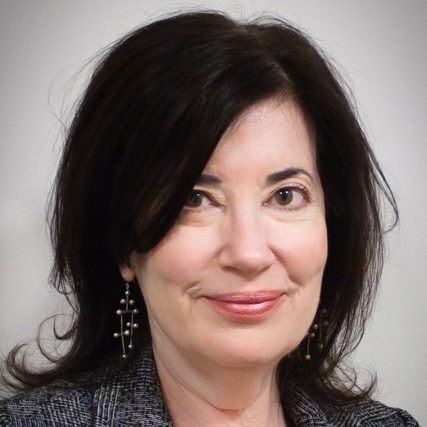
Dr. Nancy Etcoff is a faculty member of the Harvard Medical School and the Harvard University Mind/Brain/Behavior Initiative where she teaches a seminar on “The Science of Happiness.” She is also a practicing psychologist at the Massachusetts General Hospital Department of Psychiatry where she is the director of the Program in Aesthetics and Well Being. Her research interests include the perception of beauty, emotion, well-being and the brain.
Dr. Etcoff earned her PhD from Boston University. She was awarded a Sloan postdoctoral fellowship in Cognitive Neuroscience at MIT.
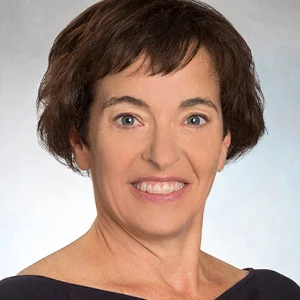
Fran Grodstein is faculty for Education in C/T Science at Harvard Catalyst. She is an epidemiologist at the Rush Alzheimer’s Disease Center, and professor of internal medicine (position pending) at Rush Medical College in Chicago. Grodstein is also adjunct professor of epidemiology at Harvard T.H. Chan School of Public Health. Previously, she was professor of medicine at Brigham and Women’s Hospital (BWH) and Harvard Medical School, and director of research for the Nurses’ Health Study, one of the largest studies of women’s health.
Grodstein has a deep interest in and commitment to mentoring and fostering cultures that promote mentoring. She co-directed the Faculty Mentoring Leadership Program at the Center for Faculty Development and Diversity at BWH and co-directs the Harvard Catalyst course Maximizing the Mentee-Mentor Relationship. Grodstein’s research focuses on healthy aging, and specifically, brain aging. She has published more than 200 original manuscripts and numerous book chapters on aging. She has been an advisor to the Centers for Disease Control on their Healthy Brain Initiative, participated on the review panel for the NIH Toolbox for Evaluating Cognition. Grodstein is a member of the steering committee for the Massachusetts Alzheimer Disease Research Center and served on the executive committee for the National Alzheimer Disease Coordinating Center. She received a doctorate in epidemiology from the Harvard Chan School.
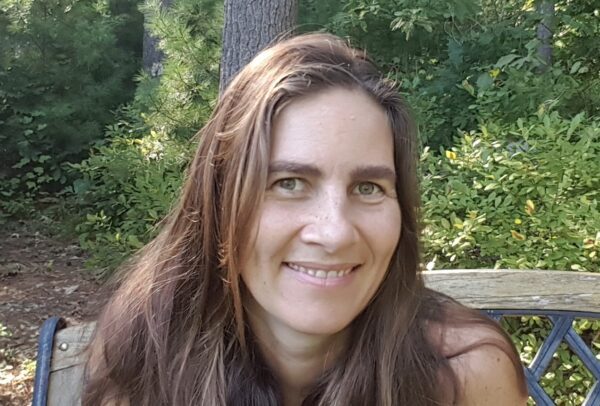
Dr. Bettina Hoeppner is an experimental psychologist who specializes in addiction science. Her work focuses on researching the active ingredients underlying addictive behavior change to enhance the effectiveness of existing and emerging interventions for individuals seeking to overcome problematic substance use. Much of her recent work has focused on the role mHealth technologies play in supporting addictive behavior change. In this area, she and her team examined ‘consumer’ interest in smartphone apps to support behavioral change to quit smoking or quit problematic drinking, conducted mediational work to identify the mechanisms by which text-messaging program confer benefit, and are currently conducting a series of studies to develop a smartphone app to support smoking cessation by leveraging advances made in positive psychology.
Dr. Hoeppner completed her graduate training in statistics and experimental psychology at the University of Rhode Island and her postdoctoral training in addictions at Brown University.

Dr. Jeffrey Huffman is an Associate Professor of Psychiatry at Harvard Medical School and the Director of the Cardiac Psychiatry Research Program in the Massachusetts General Hospital (MGH) Division of Psychiatry and Medicine. His research interests include psychology, health behavior, and cardiovascular disease. He also serves as the Associate Chief for Clinical Services in the Department of Psychiatry at MGH and the Director of Inpatient Psychiatry Research at MGH. This inpatient research has focused on assessment and treatments related to suicide risk in acutely ill psychiatric patients.
Dr. Huffman received his MD from the Baylor College of Medicine and completed his residency at MGH.

Myriam Hunink, MD, PhD, is Adjunct Professor of Health Decision Sciences at Harvard T.H. Chan School of Public Health, Harvard University, Boston. Her primary appointment is as Professor of Clinical Epidemiology & Radiology and Director of the Health Sciences Master programme at the Erasmus University Medical Center, Rotterdam, the Netherlands. She completed a BSc in mathematics, an MD degree, a PhD in health decision sciences, radiology residency and a fellowship in interventional & cardiovascular radiology.
Her vision is to optimize medical decisions by combining the best-available quantitative evidence on risks and benefits from diverse sources and integrating patient values, preferences, quality of life, and costs. Her research interests include methodological advances in decision making, evidence- and value-based use of medical imaging, novel randomized controlled trial design, mindfulness, and interventions to promote resilience and well-being among healthcare professionals. She has been honored with awards from the Swiss Society of Radiology, the Society of Medical Decision Making, the Radiology Health Services Research Society, and the Dutch Society of Epidemiology.

Trained in environmental health and epidemiology, Peter has focused his research on estimating the influence of geographic contextual factors, including exposure to nature, the built environment, the food environment, air pollution, light pollution, noise, and socioeconomic factors, on health behaviors and chronic disease. He has more than a decade of experience working with large prospective cohort studies, including the Nurses’ Health Studies, the Framingham Heart Study, and the Southern Community Cohort Study, where he has aided in the creation of many geographic-based variables and linked them to health data. More recently, he is developing mobile health technology (mHealth) methodologies to assess real-time, high spatio-temporal resolution objective measures of location and behavior by linking smartphone-based global positioning systems (GPS) and wearable device accelerometry data to understand how contextual factors influence health behaviors.
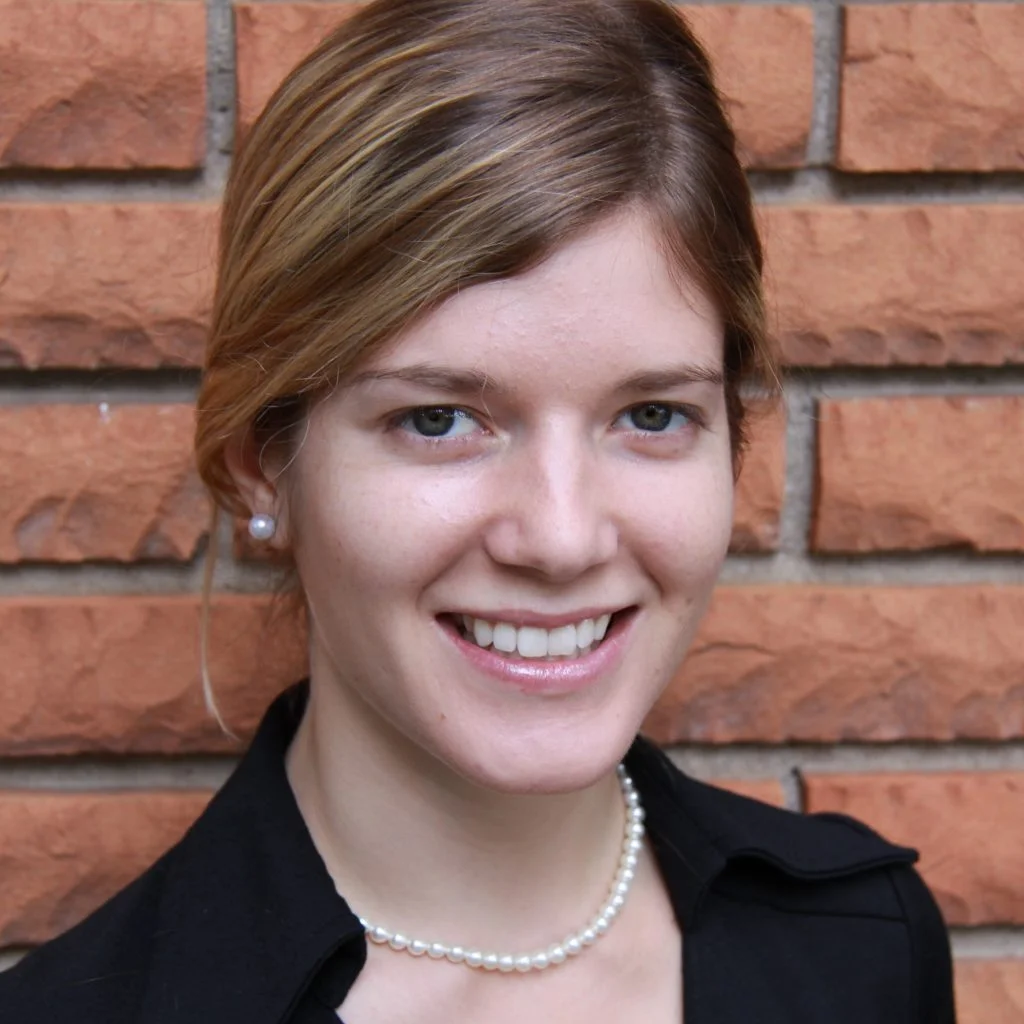
Leslie John, PhD, MSc, is an Associate Professor of Business Administration in the Negotiations, Organizations, and Markets unit at Harvard Business School. Dr. John’s research centers on how consumers’ behavior and lives are influenced by their interaction with firms and with public policy.
Dr. John earned a PhD in Behavioral Decision Research from Carnegie Mellon University, where she also earned an MSc in Psychology and Behavioral Decision Research. She completed her bachelor’s degree in Psychology at the University of Waterloo.
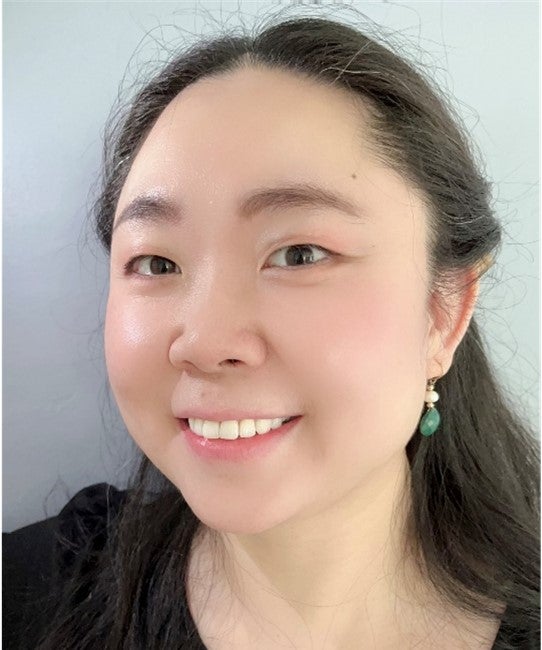
Diane Joss, PhD is an Assistant Professor of Psychiatry at Harvard Medical School, Director of Trauma Research and co-director of the Neuroimaging Core at the Center for Mindfulness and Compassion of Cambridge Health Alliance. Dr. Joss also has a joint faculty appointment at Massachusetts General Hospital. Her research focuses on elucidating the ecophenotype with childhood trauma across psychiatric disorders (e.g., depression, anxiety, PTSD, substance use disorder), as well as development and investigation of trauma-sensitive behavioral interventions.
Dr. Joss and her team have the following ongoing research projects: (1) studying the impact of childhood trauma on self-knowledge, self-concept, social cognitions and social functioning, as well as the role of “self-critical rumination” as a therapeutic target in mindfulness- and compassion-based interventions; (2) studying the impact of childhood trauma on treatment responses to behavioral interventions; (3) investigating the role of “non-attachment” in the therapeutic effects of contemplative practices (e.g., meditation), e.g., for reducing post-traumatic stress, obsessive-compulsive symptoms, and social anxiety; (4) elucidating neural mechanisms and biomarkers of the therapeutic effects of contemplative practices; (5) development of suicide prevention programs using therapeutic elements from Buddhist philosophy, mindfulness, compassion, and Internal Family Systems therapy framework.

Georgios Kavetsos, PhD, MSc, is an Associate Professor (Senior Lecturer in the UK) in Behavioural Science at the School of Business and Management, Queen Mary University of London, and a Research Associate at the Centre for Economic Performance at the London School of Economics. The first theme to his research seeks to understand how interventions shape individuals’ behaviour and preferences. The second studies the impact behaviours and interventions have on individuals’ well-being.
Dr. Kavetsos holds a PhD in Economics and an MSc in Finance both from Imperial College Business School, an MSc in Economics from University College London (UCL), and a BSc in Economics from City University London. He previously held research positions at Cass Business School and the London School of Economics and a visiting position at the Department of Social and Behavioral Sciences at Harvard.
Ichiro Kawachi, MB.ChB., Ph.D., is the John L. Loeb and Frances Lehman Loeb Professor of Social Epidemiology at the Harvard T.H. Chan School of Public Health. Kawachi received both his medical degree and Ph.D. (epidemiology) from the University of Otago, New Zealand. He has taught at Harvard since 1992.
Kawachi is the co-editor (with Lisa Berkman) of the first textbook on Social Epidemiology, published by Oxford University Press in 2000 (2nd edition published in 2014, with Lisa Berkman & Maria Glymour). His other books include Neighborhoods & Health (edited by Dustin Duncan & Ichiro Kawachi, Oxford University Press, 2018), Social Capital and Health with S.V. Subramanian & Daniel Kim (Springer, 2008); Behavioral Economics and Public Health with Christina Roberto (Oxford University Press, 2016); Social Epidemiology of Sleep (with Dustin Duncan & Susan Redline, Oxford University Press, 2019), and the Oxford Handbook of Public Health Practice (Oxford University Press, 4th edition forthcoming in 2019)
In 2013, he launched a massive, open online course (MOOC) through HarvardX called “Health and Society” (PHx 201), in which 32,000 participants registered from throughout the world. Kawachi is the Co-Editor in Chief (with S.V. Subramanian) of the international journal Social Science & Medicine, as well as the sister open access journal, SSM – Population Health.
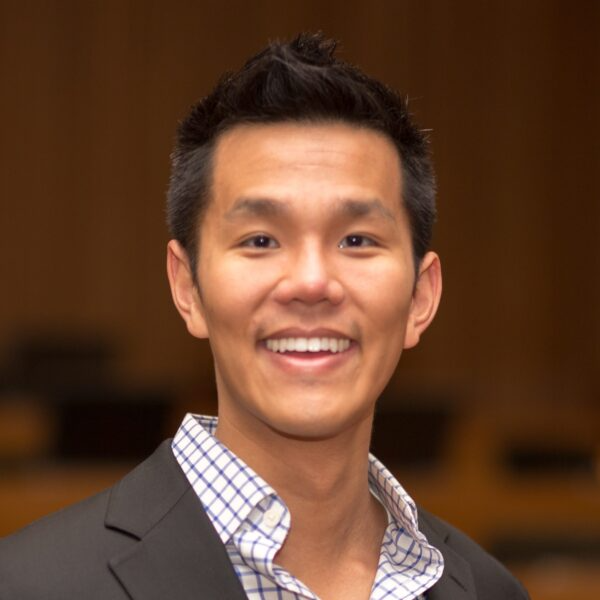
Eric S. Kim, PhD, is an Assistant Professor in the Department of Psychology at the University of British Columbia, Vancouver. His program of research aims to identify, understand, and intervene upon the dimensions of psychological well-being that reduces risk of age-related conditions. It also aims to understand the influence that the social environment has on the connection between psychological well-being and physical health.
Dr. Kim earned his PhD in Clinical Psychology from the University of Michigan, where he also received advanced statistical training. He then completed a Postdoctoral Research Fellowship in the NHLBI Cardiovascular Disease Epidemiology Program in Behavior, Environment, and Global Health. He is a former Research Scientist in the Department of Social and Behavioral Sciences at the Harvard T.H. Chan School of Public Health.
Karestan C. Koenen, PhD, aims to reduce the population burden of mental disorders through research, training, and advocacy. She is passionate about using science to overcome violence and trauma, which are major preventable causes of health problems globally.
Koenen directs the Biology of Trauma Initiative at the Broad Institute of MIT and Harvard where she is an Institute Member. Her research focus is three-fold. First, she studies why some people develop PTSD and related mental and physical health problems and why some people are resilient when exposed to similar traumatic events. Second, she investigates how violence, trauma, and PTSD alter long-term physical health and accelerate aging. Third, she aims to expand access to evidence-based mental health treatment for survivors of violence and trauma. To this end, she co-wrote the book, Treating Survivors of Childhood Abuse and Interpersonal Trauma: STAIR Narrative Therapy with Drs. Marylene Cloitre, Lisa Cohen. Kile M Ortigo, and Christie Jack
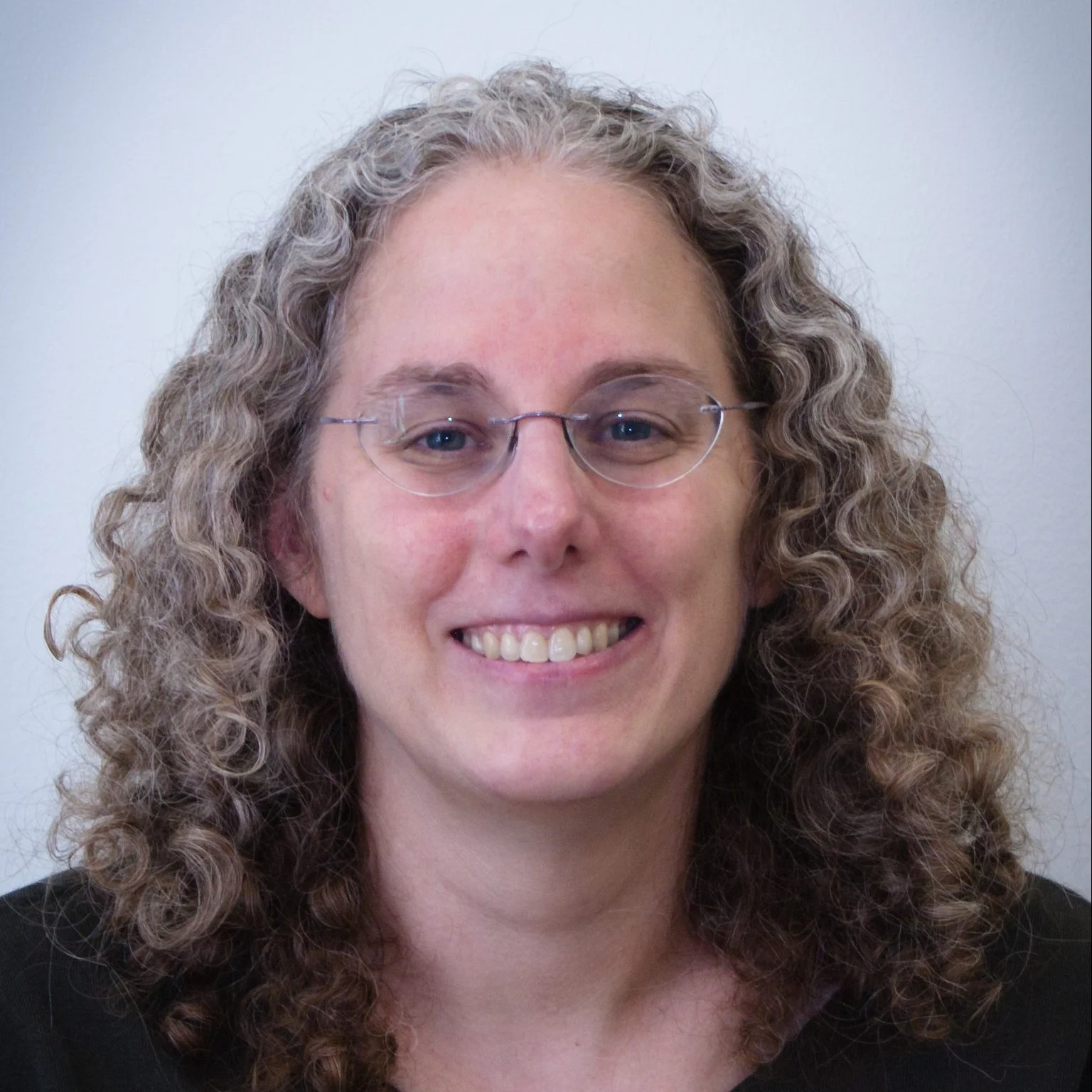
Sara W. Lazar, PhD, is an Associate Researcher in the Psychiatry Department at Massachusetts General Hospital and an Assistant Professor in Psychology at Harvard Medical School. The focus of her research is to elucidate the neural mechanisms underlying the beneficial effects of yoga and meditation, both in clinical settings and in healthy individuals.
Dr. Lazar holds a PhD in microbiology from Harvard University.

Jennifer Lerner, PhD, MA, is Thornton F. Bradshaw Professor of Public Policy and Management at the Harvard Kennedy School and Co-Founder of the Harvard Decision Science Laboratory. She also holds appointments in Harvard’s Department of Psychology and Institute for Quantitative Social Sciences. In addition to her roles at Harvard, Lerner serves as Special Advisor to the US Chief of Naval Operations and as the Navy’s first Chief Decision Scientist. Lerner’s research examines human judgment and decision making. She also examines the mechanisms through which accountability and other authority systems shape judgment and choice outcomes, as well as the causes and consequences of stress.
Lerner earned her PhD in Psychology from the University of California, Berkeley. After a National Institutes of Health postdoctoral fellowship at UCLA, she joined the Carnegie Mellon University faculty.

Christina Luberto, PhD, is an Assistant Professor of Psychology in the Department of Psychiatry at Harvard Medical School (HMS) and a Staff Psychologist at Massachusetts General Hospital (MGH). Her research and clinical work focus on integrating meditation training with cognitive-behavioral therapy to treat emotional and behavioral problems, and increase pro-social outcomes, particularly among people with chronic medical conditions. She is especially interested in electronic health approaches to delivering mindfulness interventions.
Luberto earned her PhD at the University of Cincinnati and completed her clinical internship in Behavioral Medicine and a research fellowship in Integrative Medicine at MGH/HMS.
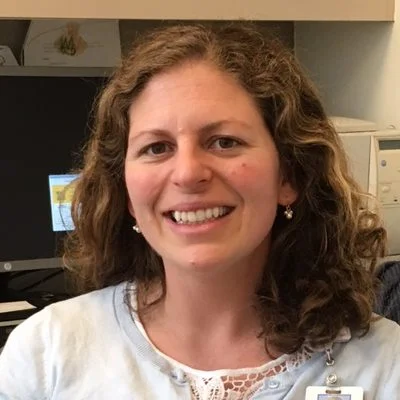
Rachel Millstein, PhD, MHS, is a clinical psychologist at Massachusetts General Hospital and Assistant Professor of Psychiatry at Harvard Medical School. Her research focuses on chronic disease prevention and the intersection of emotions and health. Her clinical interests include evidence-based therapies, positive psychology, and mindfulness techniques for improving mood, anxiety, and well-being.
Millstein earned her PhD from her San Diego State University and completed a fellowship at Massachusetts General Hospital.
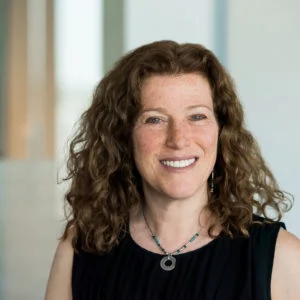
Elyse R. Park, PhD, MPH, is a Professor of Psychiatry at Massachusetts General Hospital (MGH)/Harvard Medical School and a Senior Scientist in the Mongan Institute Health Policy Center. She is the Director of the Health Promotion and Resiliency Intervention Research Center, Director of Behavioral Sciences Research in the MGH Tobacco Research & Treatment Center, and Director of Behavioral Health Research in the MGH Benson-Henry Institute for Mind Body Medicine. Her research focuses on development and integration of motivational and behavioral intervention treatments, particularly for chronic stress and smoking cessation, into cancer and survivorship care. Her clinical expertise is short-term interventions for patients transitioning to survivorship care.
Park earned her PhD from Yeshiva University and completed a fellowship at The Miriam Hospital.
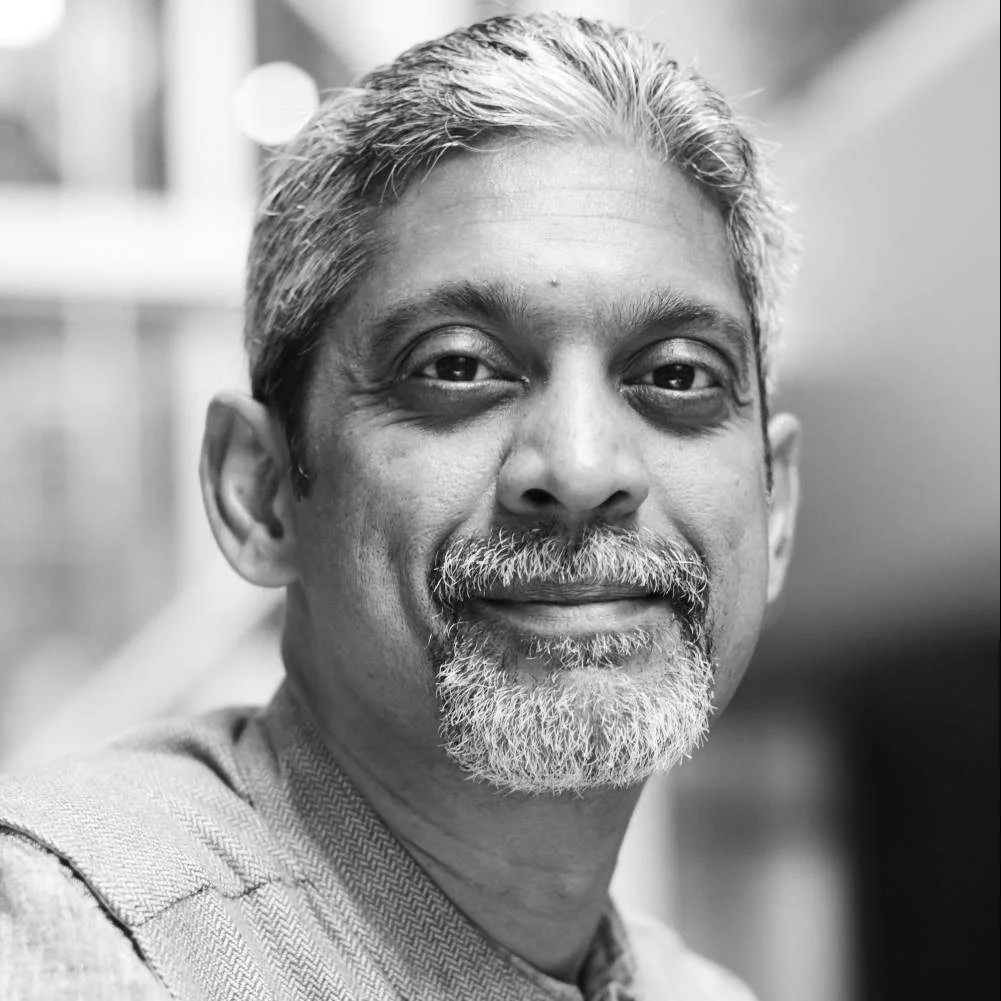
Vikram Patel, PhD, is the Pershing Square Professor of Global Health and Wellcome Trust Principal Research Fellow at the Harvard Medical School. He holds Honorary Professorships at the Harvard T.H. Chan School of Public Health, the Public Health Foundation of India, and the London School of Hygiene & Tropical Medicine. He is a co-founder of Sangath, co-founder of the Movement for Global Mental Health, and a Fellow of the UK’s Academy of Medical Sciences. His work focuses on the burden of mental disorders, their association with social disadvantage, and the use of community resources for their prevention and treatment.
Patel has served on several WHO expert and Government of India committees, including the WHO High Level Independent Commission for Non-Communicable Diseases and Mental Health. He holds a PhD from the University of Oxford. In addition, he holds an Honorary Doctorate from Georgetown University and an Honorary OBE from the UK Government.

Giselle K. Perez, PhD, is an Assistant Professor in Psychology at Harvard Medical School and a Clinical Health psychologist in the Behavioral Medicine Service and the Center for Psychiatric Oncology at Massachusetts General Hospital. She is also a Senior Scientist in the Health Policy Research Center at the Mongan Institute and the Chair of the Adolescent and Young Adult Cancer Survivorship Task Force. Her research focuses on the development of behavioral and mind-body interventions to promote stress management and overall physical and emotional health outcomes for patients throughout the cancer spectrum. Clinically, Perez specializes in working with adolescent and young adults touched by cancer with a focus on managing the unexpected social and emotional challenges that occur after cancer treatment, improving stress and anxiety symptoms, coping with uncertainty, and promoting health behavior change.
Perez received her PhD in Clinical Health Psychology at the University of Connecticut and completed her fellowship training at Harvard Medical School.
I am a behavioral scientist with expertise in implementation science, cancer disparities, and community-based participatory research. My work focuses on strengthening systems in underserved communities to leverage the best available evidence for cancer prevention and control.
My research falls into three streams. First, I design and evaluate workforce development interventions to promote the use of research evidence within community-based organizations in the US and India. This work also includes examinations of the impacts of staff social networks on the uptake and use of research evidence. Second, I study the adaptation of evidence-based preventive services for use in underserved communities in the US and India. My goal is to design practice-focused guidelines for strategic adaptation so that implementing organizations can increase the impact of available interventions by leveraging practice- and research-based expertise. The third stream of my work focuses on methods to incorporate practitioner expertise into the health promotion evidence base more effectively. This includes evaluations of strategies to identify and engage critical implementation stakeholders as well as technology-based methods to gather stakeholder insight efficiently. Much of my work is conducted in partnership with community-based organizations and coalitions.
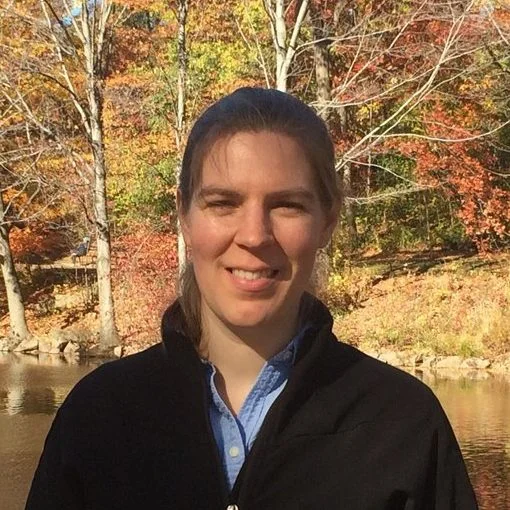
Susanna Rinard,, PhD, is the John L. Loeb Associate Professor of the Humanities at the Harvard University Department of Philosophy. Her research concerns what we should believe—in science, philosophy, and everyday life—and how probability can be used to model rational belief. Specific topics include skepticism, the ethics of belief, imprecise probability and decision theory, the ravens paradox, and philosophical methodology.
Rinard earned a bachelor’s degree from Stanford University and a PhD from Massachusetts Institute of Technology.
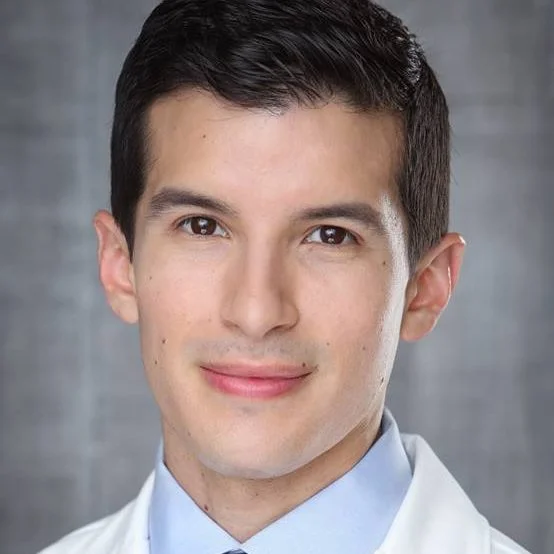
Joel Salinas, MD, is a Neurologist at Harvard Medical School and the Massachusetts General Hospital Department of Neurology. He specializes in brain health, with emphasis in neuropsychiatry and cognitive behavioral neurology, and conducts research in social and behavioral epidemiology to understand the complex neurobiological interplay between social relationships and brain health.
Salinas completed his undergraduate degree at Cornell University, studying the intersection of biology and sociology. He earned his MD at the University of Miami Miller School of Medicine followed by neurology residency at the Massachusetts General Hospital and the Brigham and Women’s Hospital. He subsequently completed a combined research and clinical fellowship in Behavioral Neurology and Neuropsychiatry at Massachusetts General Hospital.
My research is divided in three main areas: First, I am interested in epidemiology looking at the health consequences of exposure to pollutants. To date this has had two focuses: health effects of lead and health effects of air pollutants. I have recently begun work looking at water contamination.
In lead, I have examined cardiovascular effects of lead exposure in adults, cognitive effects in children, auditory effects in children, and effects of lead on children’s growth. I have also done work on sources of lead exposure, including establishing gasoline lead as the major source of lead exposure in the United States.
My air pollution work has examined both acute and chronic effects of air pollution exposure. Recent research has established that exposure to fine combustion particles in the air at concentrations well below current standards are associated with a range of adverse health effects from increased respiratory symptoms, to increased hospital admissions, to increased deaths. This work has led to a tightening of the U.S. air quality standards.
Glorian Sorensen, PhD, MPH, stepped down as Professor of Social and Behavioral Sciences at the Harvard T. H. Chan School of Public Health in 2021. She is now semi-retired as a Research Professor and Co-Director of the Harvard Chan Center for Work, Health and Wellbeing. She also is on the faculty of Population Sciences at the Dana-Farber Cancer Institute.
The core of Sorensen’s research is randomized worksite-based studies that test the effectiveness of theory-driven interventions targeting changes in the work organization and environment as well as in workers’ safety and health behaviors. Her training in occupational sociology has provided a platform for focusing on the work organization and environment from a systems perspective.
She is the founding Director and Principal Investigator for the Harvard Chan Center for Work, Health and Wellbeing, funded since 2007, by the National Institute for Occupational Safety and Health (NIOSH) through its Total Worker Health® Program. Leadership of the Center is now shared with Dr. Erika Sabbath. The Center focuses on protecting and promoting worker safety, health and wellbeing through improved conditions of work. The Center conducts ground-breaking research to determine the effectiveness of workplace policies and practices designed to support and protect workers and to identify working conditions related to improved outcomes for employees and organizations.
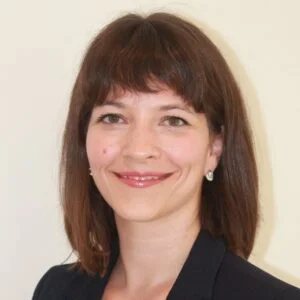
Claudia Trudel-Fitzgerald, PhD, is an Assistant Professor in the Department of Psychology at the Université du Québec à Trois-Rivières and a Researcher at the Centre de recherche de l’Institut universitaire en santé mentale de Montréal, both in Canada. She is also a 2021-2022 Michigan Integrative and Well-Being Inequality Scholar. Her research focuses on the interplay between psychosocial factors and physical health. Notably, she is interested in whether the way individuals regulate their emotions and cope with stress is associated with chronic disease incidence and relevant health behaviors over time and how these associations can contribute to knowledge about health disparities. Her research leverages theoretical frameworks and statistical methods from social epidemiology, health psychology, and clinical psychology.
Trudel-Fitzgerald was a Research Scientist at the Lee Kum Sheung Center for Health and Happiness and contributed to scientific activities since its inception. In particular, she has led efforts in the measurement of well-being. Before that, she completed a postdoctoral fellowship in Social Epidemiology at Harvard T.H. Chan School of Public Health, supported by the Canadian Institutes of Health Research and the Fonds de Recherche en Santé-Québec. She earned her Ph.D. in Clinical Psychology at Laval University, Canada.
Tyler J. VanderWeele, Ph.D., is the John L. Loeb and Frances Lehman Loeb Professor of Epidemiology in the Departments of Epidemiology and Biostatistics at the Harvard T.H. Chan School of Public Health, and Director of the Human Flourishing Program and Co-Director of the Initiative on Health, Religion and Spirituality at Harvard University. He holds degrees from the University of Oxford, University of Pennsylvania, and Harvard University in mathematics, philosophy, theology, finance, and biostatistics. His methodological research is focused on theory and methods for distinguishing between association and causation in the biomedical and social sciences and, more recently, on psychosocial measurement theory. His empirical research spans psychiatric and social epidemiology; the science of happiness and flourishing; and the study of religion and health. He is the recipient of the 2017 Presidents’ Award from the Committee of Presidents of Statistical Societies (COPSS). He has published over four hundred papers in peer-reviewed journals; is author of the books Explanation in Causal Inference (2015), Modern Epidemiology (2021), and Measuring Well-Being (2021); and he also writes a monthly blog posting on topics related to human flourishing for Psychology Today.
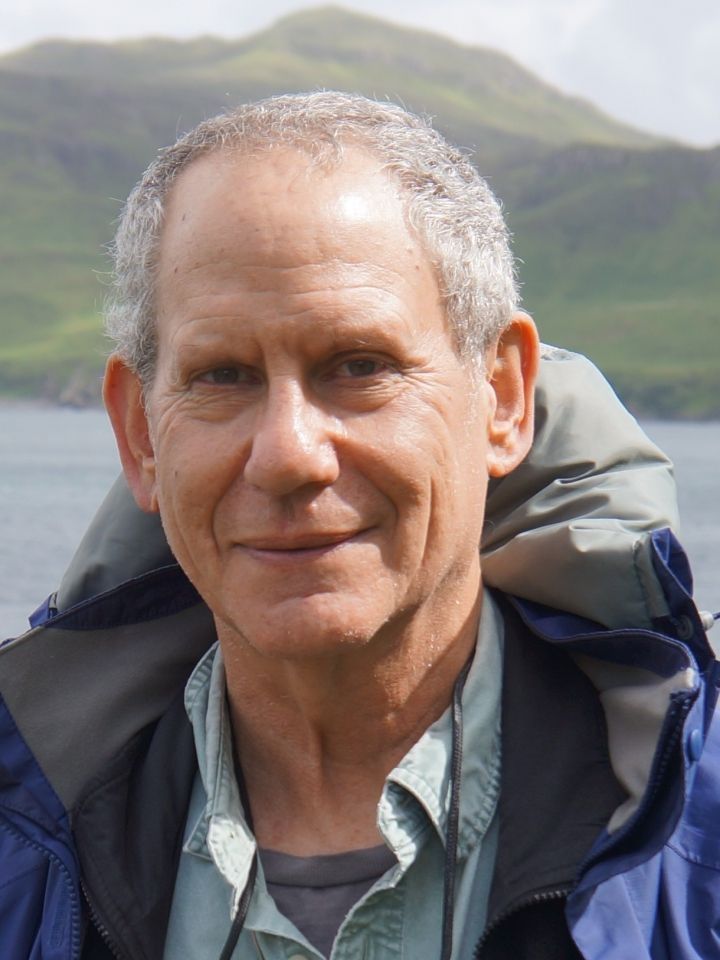
Gregory Wagner, MD, has provided organizational leadership at the intersection of scientific research and public health policy throughout his career, both nationally and internationally. Until 2017, he worked at the U.S. National Institute for Occupational Safety and Health (NIOSH), where he served as senior advisor to the director of NIOSH, directed the Division of Respiratory Disease Studies, led the process creating a National Occupational Research Agenda. At NIOSH he developed and led the WorkLife Initiative, now known as the NIOSH Total Worker Health Program, an effort to improve workforce health and well-being by better understanding and improving workplace programs, policies, and practices.
Currently, Wagner is an adjunct professor of environmental health at the Harvard T.H. Chan School of Public Health, where he teaches about the science behind occupational and environmental policies and regulations and the process of improving health protections at work. He also serves as senior advisor and chair of the Policy Working Group at the Center for Work, Health, and Wellbeing, and is an affiliated scientist with the Harvard Center for Health and Happiness, working to understand the relationships between working conditions, workplace policies, and workers’ ability to thrive.
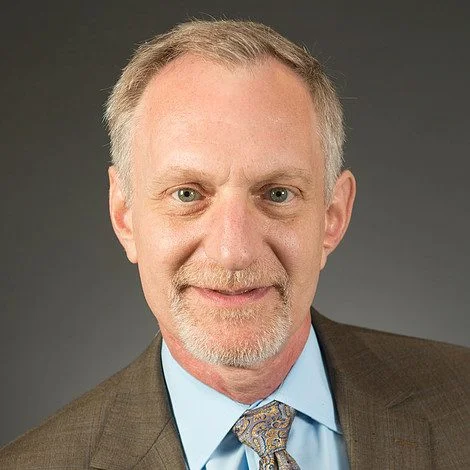
Robert Waldinger, MD, is Clinical Professor of Psychiatry at Harvard Medical School, Director of the Center for Psychodynamic Therapy and Research at Massachusetts General Hospital, and Director of the Harvard Study of Adult Development. He is a practicing psychiatrist and psychoanalyst, he teaches Harvard medical students and psychiatry residents, and he is on the faculty of the Boston Psychoanalytic Institute. He is also a Zen priest.
Waldinger earned his bachelor’s degree from Harvard College and his MD from Harvard Medical School.
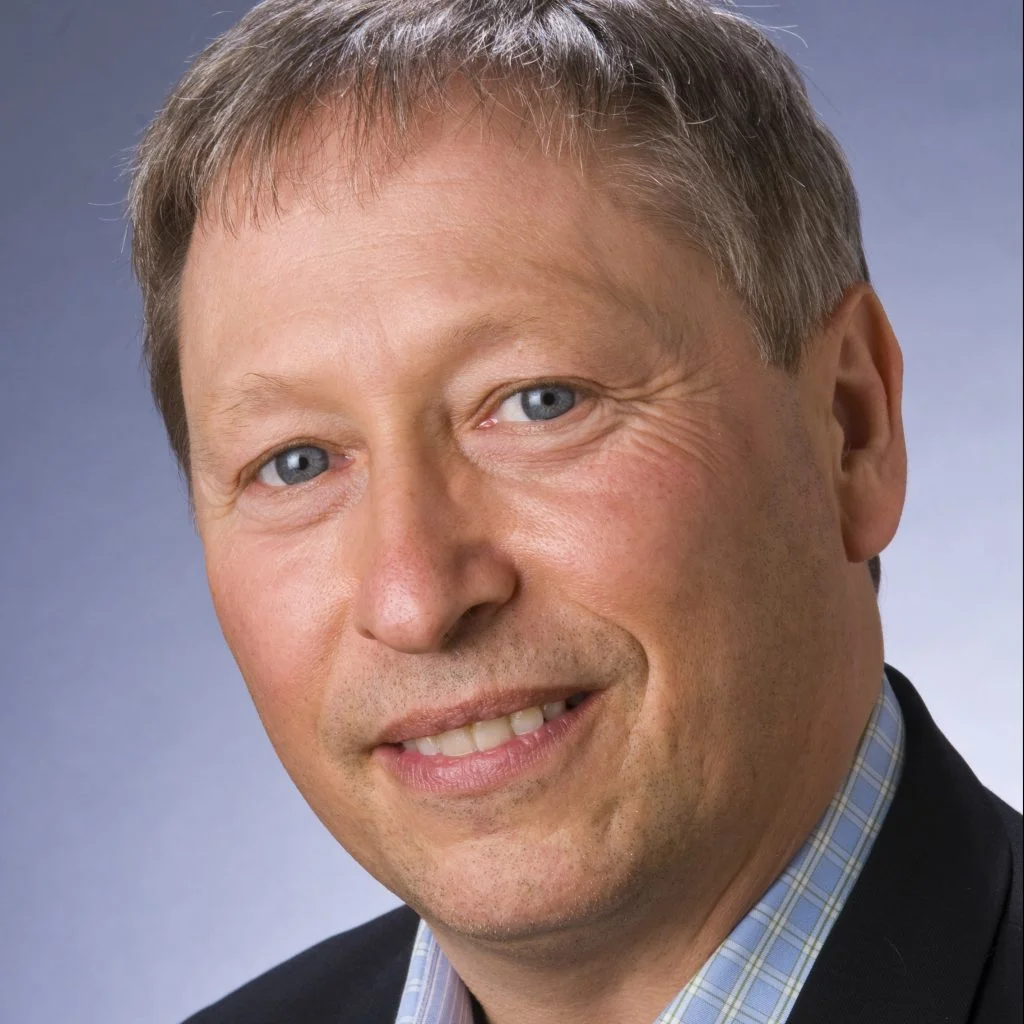
Peter Wayne, PhD, is an Associate Professor of Medicine and the Director of the Osher Center for Integrative Medicine at Harvard Medical School and Brigham and Women’s Hospital. The primary focus of his research is evaluating how mind-body and related complementary and alternative medicine practices clinically impact chronic health conditions, and understanding the physiological and psychological mechanisms underlying observed therapeutic effects. Wayne is actively involved in the teaching and training of students and fellows in integrative medicine research.
Wayne previously served as the Director of Tai Chi and Mind-Body Research Programs at the Osher Research Center, and as the founding Research Director at the New England School of Acupuncture. He also served as Principal Investigator of an NCCAM-funded Developmental Center Grant at the New England School of Acupuncture.

Gloria Yeh, MD, MPH, is Associate Professor of Medicine at Harvard Medical School. Her research program is based in the Division of General Medicine and Primary Care at the Beth Israel Deaconess Medical Center (BIDMC), where she serves as the division’s director of Mind-Body Research, and director of the HMS Research Fellowship in Integrative Medicine. Yeh’s primary research focus is efficacy and mechanism of mind-body exercise in complex chronic illness. She is an internationally recognized leader in the field of mind-body research, including Tai Chi, yoga, and meditation. Yeh is also a primary care physician at BIDMC Healthcare Associates, where she is involved in the development of the Cheng-Tsui Integrated Health Center.
Yeh has experience in the design and conduct of mind-body clinical trials, and expertise in mind-body intervention development and adaptation for chronic disease. Her research has investigated physiological, psychosocial, and behavioral outcomes such as exercise capacity, cardiorespiratory efficiency, physical activity, quality of life, mood, and self-efficacy. She holds an MD from the University of Maryland School of Medicine and completed her residency at Boston University Medical School.